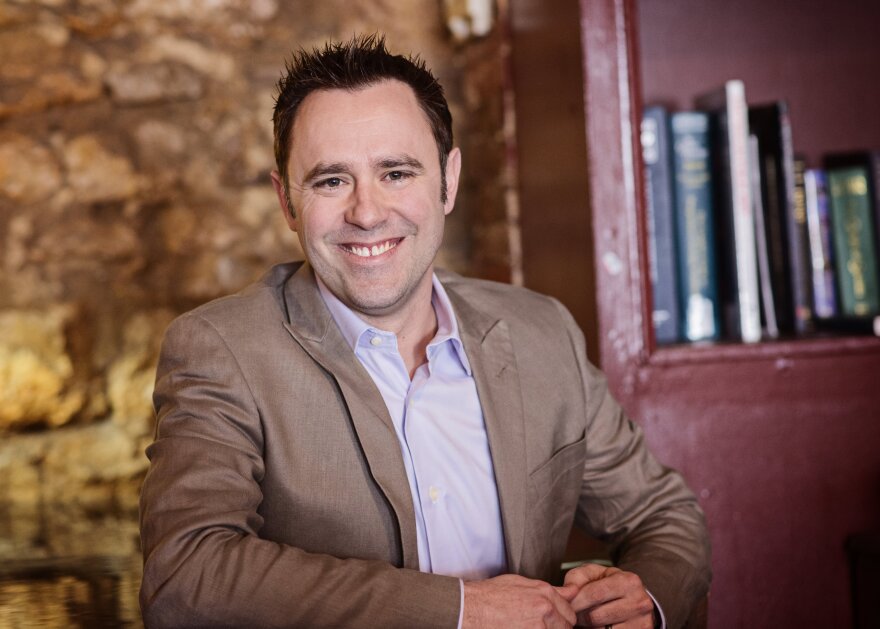Jeffrey Hall is worried about our well-being.
"I think this is a really serious social concern. I think there are a lot of reasons to believe that loneliness is on the rise," says Hall, a communications professor at the University of Kansas.
For a recent study, and as part of his research for an upcoming book, Hall and Andy Merolla at the University of California-Santa Barbara monitored more than 10,000 moments of 400 individuals to identify patterns of social interaction that keep people happy and healthy.
Among their findings: The types of interactions that are satisfying and increase someone's feeling of well-being cannot be achieved through social media.
Social media interactions, his work suggests, are like the junk food of socializing, providing little real nutritional value.
"People often put material up on social media that's meant to be responded to positively, like 'You look attractive,' or 'That was very interesting,' or 'Thank you for sharing,'" Hall says. "But these are not the types of actions that tend to be nourishing of our need to belong."
Furthermore, he says, social media interactions are watered down over hundreds of "friends," and often the people who respond are not the ones people most want to hear from.
The types of interactions that do satisfy our sense of well-being include reciprocity, the sense that another person is paying attention to and responding to us and showing concern.
Using a social media platform to interact just doesn't "satiate the need to belong, which is a critical need," Hall explains. "Nor does it promote social interaction off-line. So, it's not the case that people who use social media then are following up to spend more time with people who they're watching."
And it's not just social media that is making life lonelier, he says. It's that people are spending more time commuting and working. Though work tasks do often require interactions, they're just not fulfilling in the same way as speaking to a relative or good friend.
Heaping on more social experiences won't suddenly improve a person's quality of life, either. It's about the quality of what we take in — just like eating high-quality foods.
And just like eating well, Hall's research has led him to conclude that people actually do need to be reminded to seek fulfilling interactions. He suggests including time with friends and family on a calendar along with everything else that's high priority.
"We don't need to have a lot of high-intensity, meaningful, affectionate communication all the time," he says, "but just a few will do within the course of our day."
Jeffrey Hall spoke with KCUR on a recent edition of Central Standard. Listen to the full conversation here.
Follow KCUR contributor Anne Kniggendorf on Twitter, @AnneKniggendorf.







